Discover Cognitive Behavioural Therapy (CBT) in Edmonton
Introduction to Cognitive Behavioural Therapy (CBT)
What is Cognitive Behavioural Therapy (CBT)
Cognitive Behavioural Therapy (CBT) is a widely recognized type of talk-therapy that integrates cognitive (thought), emotion, and behavioural techniques to bring about positive change. One of the key concepts of cognitive behavioral therapy is that our thoughts, feelings, and behaviours are interconnected. Therefore, by addressing any of these factors, individuals can effectively make changes to lessen mental health symptoms and improve their overall well-being.
CBT is an effective approach to treating many types of mental health conditions including anxiety and depression. CBT is one of the counselling approaches frequently used by clinicians at Mendable Psychology. Understanding CBT can help to make sense of the processes which contribute to mental health concerns. Additional CBT resources can be found on our mental health resources page.
The Cognitive Component of CBT
The word “cognition” refers to our thought processes. That is, the cognitive component of CBT focuses on identifying and challenging automatic thoughts and underlying beliefs. These thoughts and beliefs contribute to emotional states and can cause emotional distress or acting in ways that are unhelpful.
Cognitive distortions
Cognitive distortions are unhelpful thought patterns that therapy can help clients to become aware of and change. Through reframing negative thoughts and beliefs, individuals can experience a shift in their emotional states and a reduction in psychological symptoms. Overall, this will also assist them in developing more balanced and realistic perspectives.
Some of these include such thought patterns as:
- “black-and-white” thinking
- fortune-telling thoughts
- jumping to conclusions
- attempting to mind-read
- “should” and “must” statements
- catastrophizing (expecting the worst case scenario)
- comparisons or labelling
- disqualifying the positive
The Behavioural Component of CBT
The behavioural component of CBT emphasizes the role of behavior in shaping thoughts and emotions. Therapists work collaboratively with clients to identify stuck or unhelpful behaviours. Generally, these unhelpful behaviours can be viewed in terms of cycles or ‘vicious cycles’ that we repeat. Once identified, the therapist and client can work together to develop strategies to modify or replace them with more useful alternatives.
CBT frequently uses ‘behavioural experiments’ to test the accuracy of assumptions and fears. Experimenting with new activities challenges inaccurate assumptions and beliefs, and reduces avoidance and other “safety behaviours”. By actively participating in behavioural changes, individuals can experience success and build confidence in their ability to cope with challenging situations.
You have considerable power to construct self-helping thoughts, feelings and actions as well as to construct self-defeating behaviors. You have the ability, if you use it, to choose healthy instead of unhealthy thinking, feeling and acting
- Albert Ellis, founder of Rational Emotion Behavior Therapy
Contact Us
Mendable Psychology | Edmonton Psychologists | Mental Health Counselling
Office located in Mayfield West Edmonton
- (587) 415-0850
- 10458 Mayfield Rd NW, Edmonton, AB
- [email protected]
- Schedule online
The Structured Approach of CBT
Cognitive Behavioural Therapy employs various techniques to facilitate change, such as cognitive restructuring exercises, relaxation training, exposure therapy, and skills training. Furthermore, homework assignments are often given to clients, encouraging them to practice new skills and apply therapy concepts in their day to day. Overall this helps solidify learning and enables clients to generalize their progress beyond the therapy setting.
One of the key strengths of CBT is its time-limited and goal-oriented nature. During sessions, therapy is structured, focused, and aims to achieve specific objectives within a predetermined timeframe. Thus providing clients with a clear roadmap for their therapeutic journey and promoting a sense of collaboration and empowerment. CBT has been successfully applied to a wide range of mental health conditions, including anxiety disorders, depression, post-traumatic stress disorder (PTSD), eating disorders, and insomnia.
By challenging negative thinking patterns and engaging in new, adaptive behaviours, individuals can achieve significant improvements in their mental health and overall quality of life.

CBT Techniques for Anxiety
Effective CBT Techniques for Managing Anxiety
Cognitive Behavioural Therapy offers various techniques specifically designed to address anxiety disorders. CBT techniques for anxiety help individuals challenge and change their anxious thought patterns, ultimately reducing anxiety symptoms. Cognitive Behavioral Therapy techniques for anxiety also make use of exposure practices which include intentional exercises to face anxiety provoking situations. Cognitive Behavioral Therapy exercises for anxiety help to develop a sense of confidence in handling the feared situations and reduce distress with practice.
CBT Therapy for Depression
CBT Approaches to Treating Depression
CBT therapy is also highly effective in treating depression. CBT therapy for depression focuses on identifying unhelpful thoughts and behaviours that contributed to the depression or keep it going. By addressing the negative thought patterns that contribute to depression, CBT helps individuals develop healthier thinking habits. CBT treatment for depression also addresses behaviours that contribute to low mood and focuses on experimenting with change.
FAQs About Cognitive Behavioural Therapy
Frequently Asked Questions About CBT
Understanding the assumptions of Cognitive Behavioural Therapy and addressing common questions can help demystify the process and make it more approachable for those considering it. Below are some common questions about Cognitive Behavioural Therapy.
Q: How many sessions of counselling will I need with a CBT approach?
A: This depends on the type of concern you are attending counselling for and how quickly you respond to treatment. CBT places emphasis on being a time-limited therapy approach. CBT also frequently uses ‘homework’ between sessions and helps clients to learn how to act as their own therapist.
